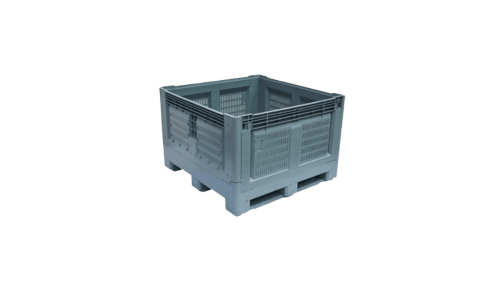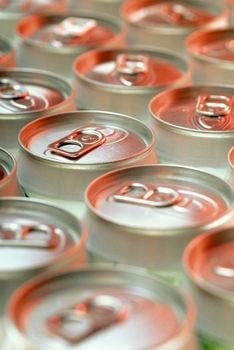In 1999, Coca-cola faced it’s largest recall in its 130-year history. The soft drink giant recalled an unprecedented 14 million cases of product after hundreds of consumers fell ill soon after consuming it. In total, over 17 million cases were returned costing the company US$103 million. That’s 408 million individual items, and over 6 per cent of annual overseas stock!
After a thorough investigation, Coke reported that one of the two reasons for the tainted product was fungicide on the outside of bottles from a factory in France. Fungicide that had been used to treat the wooden pallets the coke was being shipped on. Fungicide that is toxic to humans.
So wooden pallets should be a red flag and avoided at all costs?
In 2010, a Tylenol recall quickly blamed wooden pallets for the spread of gastro symptoms associated with their products. Apparently, a chemical used to treat the wooden pallets broke down and infiltrated the packaging of the paracetamol product.
And these are only two high profile examples.
Why none of this would have happened if they had been using plastic pallets
Independent microbiologist John Pascale commented on why wooden pallets pose a higher risk than plastic.
“Any porous surface, like the rough-sawn wood used to make wood pallets, has the potential to harbour many types of bacteria – including food pathogens,” said Mr Pascale.
Plastic pallets do not have the same contamination issues as wooden pallets. In fact, they are resistant to bacteria, mould and other infestations. Therefore, they do not need to be treated or fumigated, reducing the risk of chemical exposure during the shipping process.
So if you are dealing with food shipments, no matter whether the products are sealed or perishable, using plastic pallets will reduce the risk of contamination and a subsequent recall crisis.










Comments are closed.